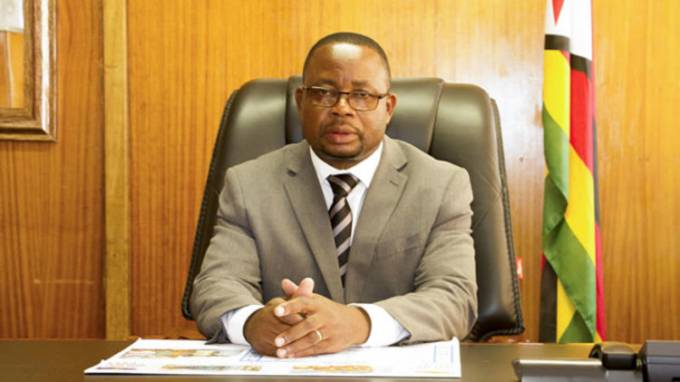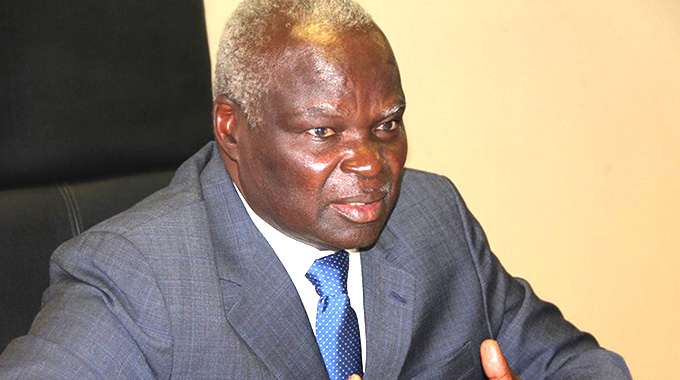HIT develops national fuel management system

Enacy Mapakame
Business Reporter
The Harare Institute of Technology (HIT) is working on a national fuel management system platform that tracks and provides real time data on fuel supplies in Zimbabwe as the country shifts towards a technology driven economy.
The platform, expected to be complete in the next six months, will reduce instances of economic sabotage using fuel, in cases where service providers may hold on to the commodity for speculative purposes.
There are also some cases where some dealers export fuel earmarked for local use to maximise on profits while others held the country to ransom by hoarding fuel to create artificial shortages.
“We are revolutionising the fuel industry,” said HIT innovation director Dr Talon Garikai at a recently held Fourth Industrial Revolution (4IR) seminar hosted by Global Renaissance Investments (GRI).
“While in a control room, using data analysis, we will be able to see how much fuel is at Zuva, how much is at Total or Petrotrade.
“Elements of fuel hoarding will be a thing of the past because we will be able to tell Government that service station X has 20 000 litres of petrol in their underground tanks and we can actually tell it has been there in the past three months.
“We have developed the technology, the algorithms and collaborated on the hardware.
“In the next six months we should be able to complete it,” said Dr Garikai.
Dr Garikai added the institution had so far collaborated with 23 service stations in the country and progress has been stalled by disruptions caused by the Covid-19 pandemic after Government imposed some lockdowns.
He also highlighted the importance of Information Communication Technology (ICT) to drive innovations that can turn around the economy.
ICT is seen as a key enabler to economic development and the 4IR.
Government also highlighted the need to come up with cost effective information and communication technologies (ICT) to drive economic growth in the 4IR.
This also comes as the Covid-19 pandemic is accelerating the shift to digitally enabled economy, in line with global trends.
In line with this, to exploit the potential of ICTs for national development and transformation, Zimbabwe has developed an all-inclusive, focused and forward-thinking guideline that articulates how the country will develop, deploy and manage ICTs across all sectors – The Smart Zimbabwe 2030 Master Plan – which works through key specific sector-focused integrated pillars that act as Smart Solutions. These include Smart Government, Smart Cities, Smart Agriculture, Smart Education, Smart Transport, Smart Health, Smart Tourism, Smart Mining.









Comments